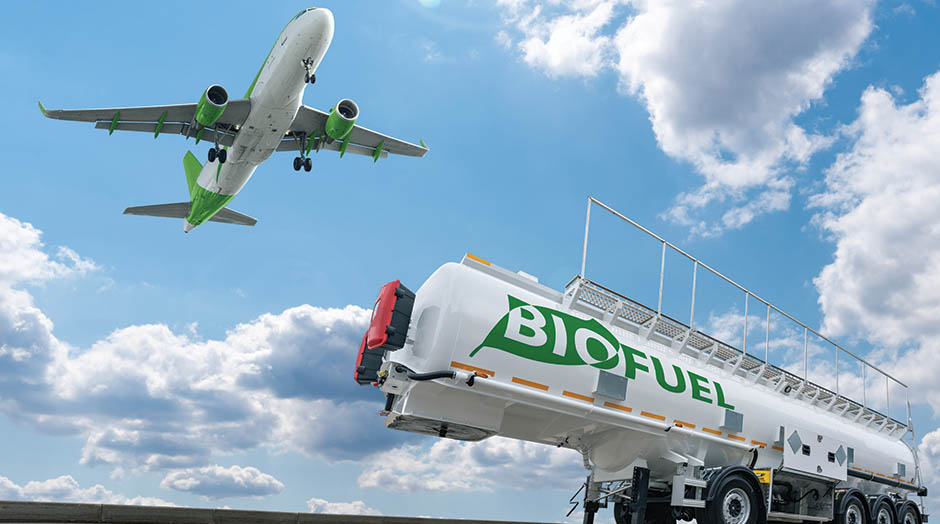Sustainable aviation fuel (SAF) production is expected to triple in 2024, reaching 1.9 billion liters, according to the International Air Transport Association (IATA).
This significant increase in production is a crucial step towards achieving the industry’s goal of net-zero emissions by 2050.
- Tripling of SAF Production: IATA projects a tripling of SAF production in 2024, which will account for 0.53% of aviation’s fuel needs. This is a significant increase from the 0.5 million tonnes produced in 2023.
- Net-Zero Emissions: SAF will provide about two-thirds of the mitigation needed for airlines to achieve net-zero carbon emissions by 2050. The expected tripling of SAF production in 2024 is encouraging, but the industry still has a long way to go to meet its ambitious targets.
- Renewable Fuel Production: IATA estimates that renewable fuel production capacity could reach 51 million tonnes globally by 2030 if all announced 149 renewable fuel projects start producing SAF. This would depend on production capacity spreading across almost all regions.
- Policy Measures: To accelerate the uptake of SAF, IATA is calling for policy measures to support the production and use of SAF. These measures include diversifying feedstocks, co-processing renewable feedstocks in crude oil plants, and providing incentives to boost investments in renewable fuel production.
- Global Effort: The global airlines’ grouping IATA is working with governments, airlines, and other stakeholders to establish the SAF Registry, which will accelerate the uptake of SAF by authoritatively accounting and reporting emissions reductions from SAF.
Overall, the tripling of SAF production in 2024 is a significant step towards achieving the industry’s sustainability goals. However, more opportunities for diversification and policy support are needed to meet the ambitious targets set for 2050.

















More Stories
Passengers Willing to Embrace Biometric Technology for Smoother Airport Experiences
Outdoor Adventures: A Key Component of Modern Travel Experiences
Wellness in Travel & Tourism Introduces Groundbreaking Certification for Hotels and Resorts